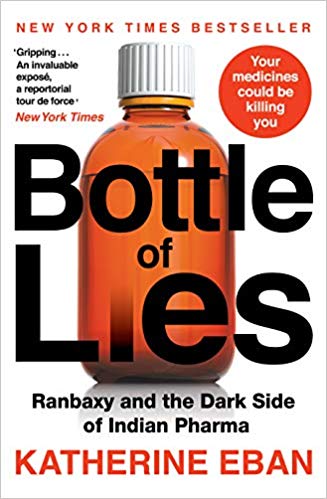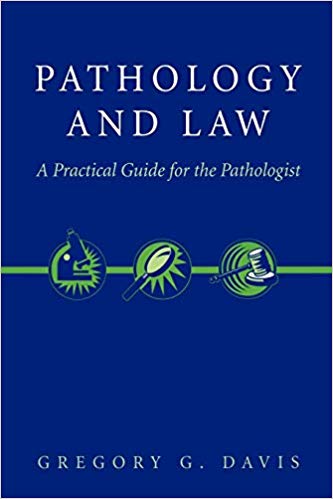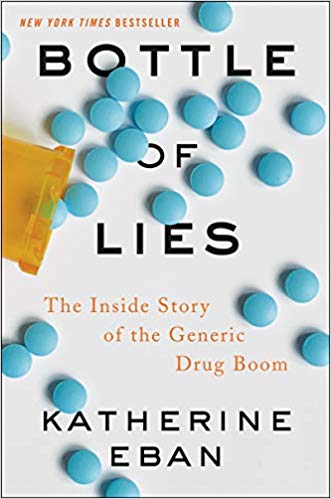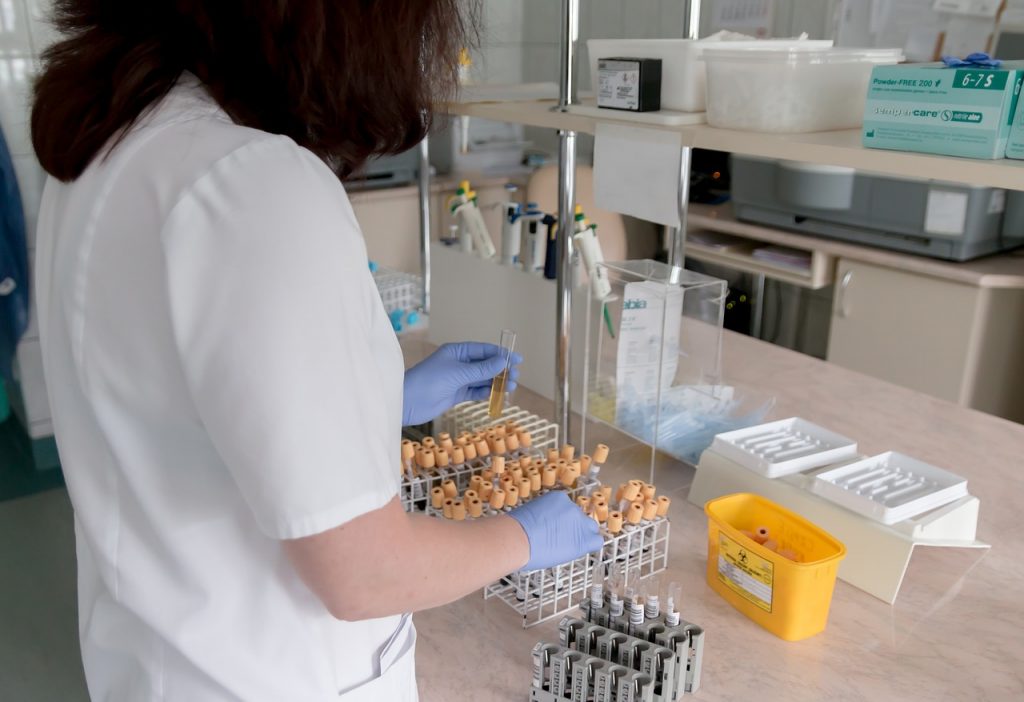
Image by Michal Jarmoluk from Pixabay
There is a universal global recognition that Wellness and a Good Health Quotient is the true wealth of an individual, family, society and finally, the nation and the world at large. Hence, aspects of research and development in Preventive, Curative and Managerial Health Sciences have gone from strength to strength in recent times and the most important area of diagnostic sciences is being empirically addressed.
The Science of Pathology
The Science of Pathology is in itself the fulcrum of Wellness and Good Health, and it forms the base of the tetrahedron of aetiology (Science of Diagnosing a Disease). The term Pathology arises from Pathos (disease) and Logy (the study of). Naturally, it is the magic key to opening the door of what exactly is wrong with the patient under study. Hence, it is the first step in addressing the ailment of the patient.
Importantly, any inroad into the science of systematically unravelling the mystery of illness would be hailed as a very big breakthrough in medical practice at large.
The discipline of Pathology concerns itself with the causes and effects of diseases, especially the branch of medicine that deals with the laboratory examination of samples of body tissue and exudates as well as body fluids, for diagnostic or forensic purposes. Hence, Pathology has versatile implications including far-reaching areas like socio-cultural aspects and medico-legal aspects.
The research personnel skilled in the area of experimental pathology constantly contribute to the dynamic science through newer inroads in Good Clinical Practices, diagnostic kits and a better understanding of diseases. Interesting examples are the unravelling the mystery of diseases like Huntington’s disease and even Multiple Sclerosis.
The study of Pathology forms an integral part of the study of General medicine and includes an in-depth understanding of body fluids, their variations in the light of normal health and an abject state of disease and specialised areas of body biochemistry. The areas of specialization include cytopathology (the study of cell types in subnormal, normal and abnormal condition), immunopathology (the study of cell systems related to the immune or self-defense profile of the body) and quite interestingly, haematopathology (the study of the profile of arguably the most fascinating connective tissue — blood).
Pathology being the study of the diseased state of the body, an expert in Pathology and Laboratory Medicine has a proficiency in the mechanisms of disease and the morphological and clinical characteristics of a broad spectrum of disease entities.
Generally, the skill set is to provide a foundation for the complete understanding of the disease state at the molecular, cellular, tissue, organ, and organismal levels.
A detailed understanding of basic disease reactions and organ-specific reactions is necessary so that the pathologist can interpret signs and symptoms elicited in a patient’s history and create a differential diagnosis. In addition to this, he should be equipped to interpret laboratory data and anticipate the natural course of the disease.
Hence, a pathologist, ideally, would continue to learn the pathophysiology of disease and generate a holistic understanding of all possible avenues of medical or surgical therapy, namely methods of invasive and non-invasive treatment.
The study of this subject generates sufficient knowledge of gross pathology and histopathology so that one can interpret findings at surgery, generate a better understanding of pathology reports and review pathology slides with a consulting pathologist in a knowledgeably and scientifically.
Additionally, a basic understanding of diagnostic laboratory evaluation and of the relationship between laboratory and morphological changes in disease states and an awareness of the role of the autopsy in medicine.
In addition, a pathologist has in his skillset, a unique format of self-directed learning, problem-solving, critical reasoning, presenting data, and intellectual teamwork enabling him to relate basic science knowledge to clinical medicine and a long term assess with critical intelligence the current medical literature to facilitate life-long learning.
Pathologist: The Indian Scenario
The healthcare sector in India is growing at a tremendous pace. According to India Brand Equity Foundation, Healthcare revenue in India is set to reach US$ 280 billion by 2020; expenditure is likely to expand at a CAGR of 17 percent over 2011–20.
In the Indian scenario, a pathologist is often viewed as a General Practitioner and he is called upon to play a role of a “Doctor on call”. Especially in the rural sector, the patient and his family often call upon his good offices and expertise to provide a quick diagnosis, a line of treatment and even a substantial amount of reassurance and comfort.
Needless to say, a responsible pathologist, does not override his role and provides responsible and ethical counsel. A commonplace comment by the laity is that since a pathologist is also a doctor, he should be able to provide the professional input.
Although the role of the pathology is vital, there is a lack of understanding of its value. While we have, as a matter of fact, no official data, it is estimated that there are more than 100,000 pathology laboratories in India and is considered a booming segment with the rising middle class, aging population, chronic conditions such as obesity and diabetes and routine tests driving the market.
But more labs does not mean better, as it is largely an unorganized sector. Less than 2% of them are accredited. National Accreditation Board for Testing and Calibration Laboratories (NABL) a constituent Board of Quality Council of India is the nodal agency for accreditation of laboratories. Laboratory accreditation is for the purpose of receiving a formal recognition and is not mandatory.
Due to the lack of enforcement of regulations, illegal labs run by technicians have mushroomed across the country. It is imperative to provide patients access to genuine, reliable, timely and cost-effective pathology services and safeguard the patient confidence in the health care system.
The Clinical Establishments (Registration and Regulation) Act 2010, was enacted by the Indian Parliament to prescribe the minimum standards for facilities and services as healthcare establishments in many of the states were not regulated or monitored.
The scope of the act allows self-declaration of the services, infrastructure, and facilities available. The registration is through a web-based system enabling people to know about the facilities and services provided by the clinical establishment. Despite several reminders by the centre, the individual states have not been able to enforce the Act.
Although there are guidelines in place for the collection, storage and transportation of samples, most technician-run labs either ignore or are completely unaware of them. For example, in diagnosing a Urinary Tract Infection, the interpretation of urine analysis and culture tests is dependent on the quality of the samples submitted and more importantly the conditions of transport to the pathology lab. Any deviation in prescribed standards can affect the results.
One of the most important roles that Pathology laboratories have is to provide a diagnosis: a report which is used as evidence apart from patient history to make clinical decisions and save lives. Any error can go horribly wrong.
To understand the pulse of the Science of pathology and the general ethos which governs the experts in this field of medicine, we spoke to Senior Pathologist, Dr.Rohit Jain.
Dr. Jain, based out of Jaipur, Rajasthan has even established a structured body of like-minded pathologists, called the Practicing Pathologists Society in order to keep the subject community abreast of the newer inroads in the development of Pathology, in the Indian Sector.
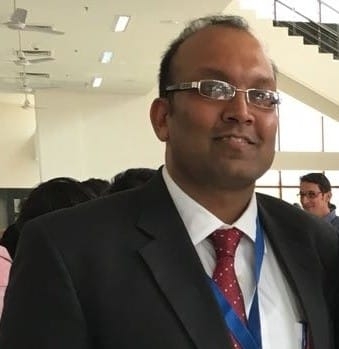
Dr.Rohit Jain, Secretary of Practicing Pathologists Society, Rajasthan.
Dr. Jain, who has a keen insight into the present canvas of pathology as a diagnostic science was of the firm opinion, and rightly so, that a Pathologist is a “Doctor’s Doctor”. He elaborated that it is on the findings of a pathologist’s report, alone, that any medical expert decides his line of treatment. Hence, the pathologist should rightfully be given his place of significance in the vast array of disease management.
At the same time, Dr. Jain lamented the serious shortcomings in the Indian medical scenario. He specified that as per the rules, the laboratory report can be countersigned only by qualified medical practitioners, namely the holder of a postgraduate qualification in pathology.
Unfortunately, this is the baseline of many spurious practices and there is a sector of self-styled pathologists with inadequate credentials who are providing unethical and inaccurate reports. There are regulations in place but enforcement has always been a problem in India.
Added to this, Dr. Jain had reservations about a quick fix and totally unscientifically manufactured diagnostic kits that serve to provide diagnostic inroads into a disease that are erroneous and questionable in their efficacy.
However, he signed off on a hopeful note, specifying that august structured bodies of pathologists countrywide have taken it on themselves to appeal to the bodies of governance to emphatically look into the anomalies and firm steps that are underway to spruce up the practices in the unarguably fundamental science of disease management.
The author acknowledges the use of authentic medical literature to structure this article. The author also acknowledges the expertise of Dr. Rohit Jain.
(The views expressed by the author in the article are his/her own)
_________________________________________________________________________________________________________
Also read: Medical Tourism, Telemedicine, Quackery and Rural healthcare.
Laboratory reports can be signed only by a qualified pathologist: High Court
_________________________________________________________________________________________________________
Sign up for the QuackTrack.org newsletter below!














